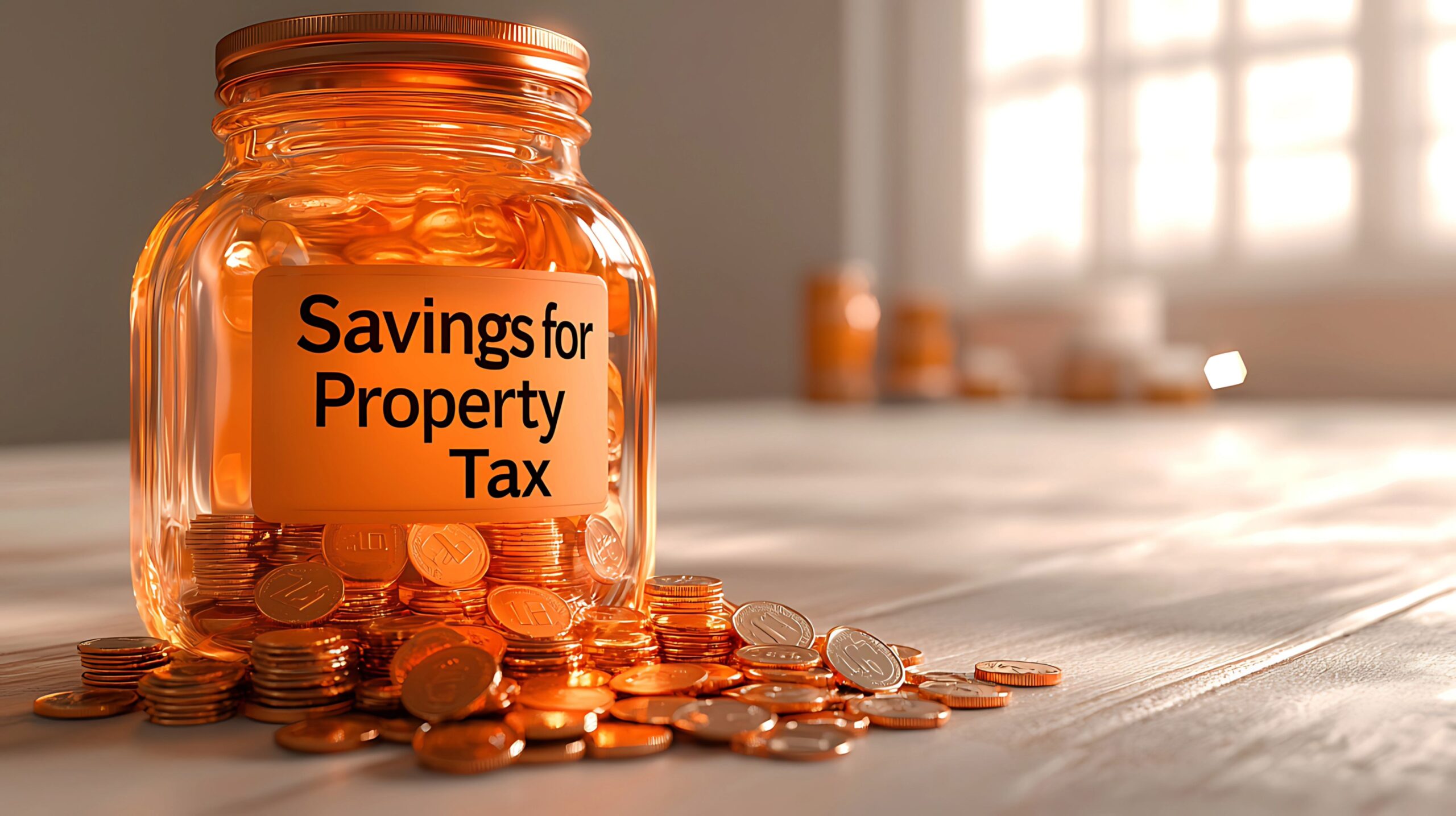Investment property tax: Benefits, costs and considerations
If you’re considering investing in property, you must understand the tax consequences. In Australia, like many other parts of the world, owning an investment property offers potential tax benefits and costs. From claiming deductions on interest payments and holding costs to understanding the nuances of Capital Gains Tax (CGT), property investors need a comprehensive grasp on these matters to make the most out of their investments.
Investing in property can be a wise financial move, but it’s essential to understand the benefits and costs involved, especially regarding taxes. This article overviews how owning an investment property can impact your taxes, helping you make informed decisions.
Property investment tax benefits
Interest payments and holding costs
Owning a rental property comes with its share of expenses. The list goes on, from interest payments, updates, upkeep, and local council fees to fees for property management. But here’s some positive news: many of these costs can be claimed as tax deductions if your property is up for rent or already rented out.
For many property owners, the interest on a mortgage used to purchase a rental property can be claimed as a tax deduction. Other often-claimed deductions include fees for property management, land taxes, and upkeep-related costs. These costs range from general cleaning and landscaping to insurance coverage and repairs.
Learn to grow your business and better understand your finances. Schedule a complimentary consultation with us today.
Claiming depreciation on rental assets
When you purchase items for your rental property, such as new appliances, they lose value over time due to wear and tear. This decline in value is known as depreciation. You can claim this loss in value as a tax deduction, often referred to as tax depreciation or capital allowance, spread across the helpful lifespan of that item.
Claiming for construction and renovations
You can claim these expenses as deductions if you’ve undertaken construction or renovation projects at your rental property. Typically, these capital works deductions are spread out throughout 25 to 40 years. The exact time frame will depend on the construction’s start date, purchase date, and intended use.
Offsetting losses with negative gearing
When your rental property’s expenses exceed earnings, resulting in a net loss, this is termed “negative gearing.” The upside to negative gearing is that you might be able to leverage this loss to counterbalance income from other sources, ultimately lowering your taxable income for the year.
A table summarises the tax benefits of property investment in four categories: holding costs, depreciation on assets, construction/renovation deductions, and negative gearing advantages.
Tax implications of property investment
Owning an investment property brings with it various tax considerations.
Capital Gains Tax (CGT)
If you decide to sell your investment property, any profit you realise could be subject to Capital Gains Tax. We’ll discuss CGT in more detail in this article.
Tax on rental income
The revenue generated by your rental property is subject to taxation. When you add this rental income to any other income you may have, such as wages or investment earnings, the total is taxed according to your income tax bracket.
Asset depreciation
Assets such as appliances and furniture can be claimed as depreciation for tax deductions on your tax return; however, it’s essential to maintain detailed records and a depreciation schedule.
Deductibility of property expenses
Certain expenses related to your property are tax-deductible, while others are not. Expenses associated with the depreciation of assets or improvements to the property’s structure can be claimed as deductions at the rate allowed by the ATO. On the other hand, expenses incurred during the purchase or sale of the property are generally not eligible for tax deduction.
GST considerations
If you lease a commercial property to another business for rental income, you may have to pay Goods and Services Tax (GST). Tax regulations can be complex, so consult us or refer to the Australian Taxation Office for guidance if you’re ever uncertain.
Tax considerations for property investment:
- Capital Gains Tax (CGT)
- Tax on rental income
- Asset depreciation
- Deductibility of property expenses
- GST considerations
Types of tax on investment property
Income tax
The income from your rental property is subject to tax, just like your regular income. When lodging your income tax return, you must include the rental income alongside any other earnings, such as your salary or profits from other investments.
Suppose your property’s expenses exceed its rental income, creating a loss (known as “negative gearing”). In that case, you can deduct this loss from your overall income, potentially reducing your tax liability. Some investors favour this strategy over “positive gearing,” where the property generates a profit because it can decrease the taxes they owe.
Fortunately, the Australian Tax Office (ATO) allows property investors to deduct various property-related expenses from their rental income, which can help maintain the profitability of their investment.
Immediate deductions
Immediate deductions refer to expenses you can claim as tax deductions in the same financial year. These include costs for advertising for tenants, council and water rates, land tax, interest on your mortgage, and expenditures for repairs and maintenance, etc.
Long-term deductions
Some costs can be spread out over multiple years. A good example is depreciation, which allows you to subtract a portion of the property’s value each year to account for wear and tear and the ageing of the building and its fixtures.
Remember, not every expense is deductible. You can’t subtract costs like the initial tax (stamp duty) paid when buying the property, your mortgage payments, or any expenses your tenant covers.
Capital Gains Tax (CGT)
Are you thinking of selling your rental property? Be prepared for the potential of Capital Gains Tax. If you make money when selling your rental property, that profit is seen as a “capital gain.” This profit needs to be reported on your yearly tax return. The extra tax you owe because of this added profit is called Capital Gains Tax or CGT.
The ATO has rules that might let property investors avoid paying some or all of the CGT. Here are some of the exceptions and special rules:
Main Residence (MR) Exemption
This rule applies if the property is your primary home.
Capital Gains Tax Property 6-Year Rule
This rule allows you to treat a property as your primary residence and apply the principal residence exemption from Capital Gains Tax. Note that a family can only have one principal place of residence at any given time.
The Six-Month Rule
A rule that offers some flexibility when moving between properties.
50% CGT Discount
The 50% Capital Gains Tax (CGT) Discount allows you to halve the capital gain on your property when calculating tax, provided the property was held for more than 12 months. This discount is designed to encourage long-term property investment.
Stamp Duty Tax
When you buy an investment property, you must pay a stamp duty tax, similar to a sales tax. This tax is due when the property’s ownership changes hands from the seller to the buyer, which is why some call it transfer duty.
The Australian Taxation Office (ATO) doesn’t let you claim this as a tax deduction on your income tax return, but it can be added to the asset’s cost base for CGT purposes. So, property investors should check how much they’ll have to pay before buying a property, as it can affect their rental income and expenses.
Stamp duty varies depending on:
- The state you’re in
- The property’s price
- If you’re a first-time buyer
Generally, stamp duty is required for every property transfer, even among families or different ownership structures. Only a few exceptions exist.
While stamp duty is an immediate concern for property investors, you should also be aware of other tax obligations. These can include capital gains tax, land tax, and claiming various tax deductions.
Land Tax
Land tax is different from stamp duty. While you pay stamp duty just once when you buy a property, land tax is an ongoing charge based on the land’s value unless the property is your primary home (often referred to as Principal Place of Residence or PPOR).
Every state and territory has a land tax rate based on the land’s “unimproved value.” This means that the value of buildings, walkways, landscaping, or fences on the land is not included in the calculation of land tax.
Land tax rates and thresholds for each state or territory are available on the Revenue Office websites for each state.
It’s worth noting the Northern Territory is unique because property investors there don’t have to pay land tax. If you’re a property investor, you must know these ongoing tax obligations, which can affect your rental income and expenses.



